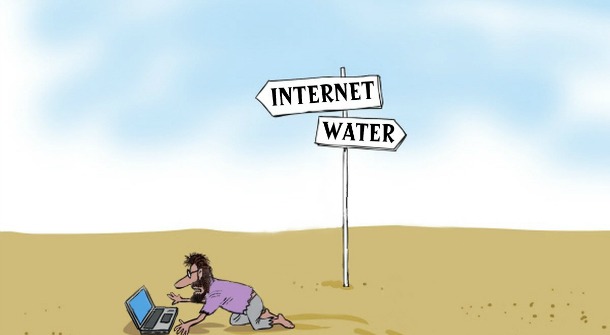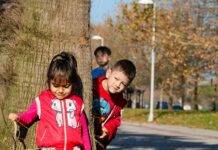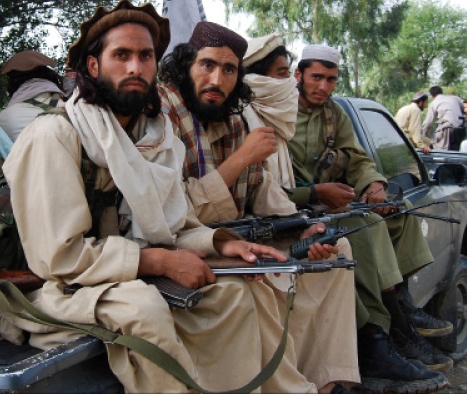We live in a world where news of positive human action or that of humanitarian values seldom finds as much media coverage as does news about crime and violence, war and suffering, political corruption and cultural decadence. That is perhaps why when from any corner of the world we hear something positive; it becomes our duty to share it with as many other people as possible.
This sharing of good work done with the cause of humanity in mind inspires us all by reminding us that even when we see the large scale prevalence of intolerance and hatred and the apparent shrinking of all humanitarian values- there are people in remote corners of the world who continue to give us hope that perhaps there is still a great degree of humanitarian potential left within us. Today, we take up this opportunity to share with you one such story from Kabul.
Not Just an Ordinary Bus
In Afghanistan’s war battered capital people have become used to death and human suffering, the absence of all normalcy in life- no regular schools for the kids, no offices where workers can work in peace, lack of basic health facilities and the perpetual anxiety that the very next moment could be one’s last. But despite this horror, there is one such initiative within the city which reminds us that even in a city like Kabul, there are creative minds that can see beyond hatred and intolerance and build a product of love.
This story of human positivity begins with an innovative idea that sought to alter the very landscape of war-torn Kabul and give it innumerable moments of collective and shared human growth. When nation-states are busy conspiring against each other and letting many people die in the name of the nation- a young pass-out from the University of Oxford called Freshta Karim chose to think out of the box. She came up with the concept of the blue bus- seeing which children from Kabul’s neighbourhoods rush onto the streets brimming with excitement.
She has named the bus- Charmagh(in Dari language it means walnut). It is no ordinary bus, it is a library on wheels and it is the first such enterprise in war-torn Afghanistan.
When one enters the bus, one can rows after rows of neatly kept books for children in primarily two main languages- Dari and Pashto. The bus also has small tables and stools for the children to be able to comfortably sit and discover their love for reading.
The bus takes various rounds of the city, stopping at diverse neighbourhoods from sunrise till sunset and stays at one neighbourhood for a couple of hours at a time before moving on to the next destination.
Making Dreams Come True
Freshta Karim who started the innovative bus-library is unlike most young people in the world. She studied at one of the most premier institutions in the world and could easily secure a high-end job at a comfortable location but instead she chose to come back to her own country and do something meaningful with the exposure that she had got abroad. She deeply knew that children in Kabul where not getting a childhood that they deserved and that books were the best ways in which people could broaden their imagination and look beyond the dark shadows of both war and poverty, Before this she began a small reading club for the children of her neighbourhood at her own home and it is from that initiative that she was inspired to start the bus-library. This she felt could be a meaningful way to take reading opportunities to children in different corners of the city.
As an insider she knew what a war-torn childhood felt like, the pain and suffering that it left behind and perhaps that is why she felt that a small yet meaningful effort such as the bus-library could enable these children to get exposure to the world of ideas, expand themselves and forget their miseries.
She finds herself amused by the tremendously positive response that the bus-library has got from the children and the love and acceptance that she has managed to get from their guardians too. She recalls that hardly anybody her age from Kabul would recall going to a library as a child and that to miss out on such an opportunity meant a vital loss for the child. She says that nearly half of Afghanistan’s children hardly get the opportunity to attend regular school and that this puts them at the high risk of joining sites as child labour, getting recruited by armed groups, being compelled to marry at an early age and making them vulnerable to widespread exploitation. In a country where school buildings are rare, having a library is no less than luxury. The effort of the group towards taking the love for reading to children is also a great way to deal with Afghanistan’s 62% illiteracy rate. The blue bus therefore signifies hope and goodwill at a time when hatred and intolerance plague the world!!














